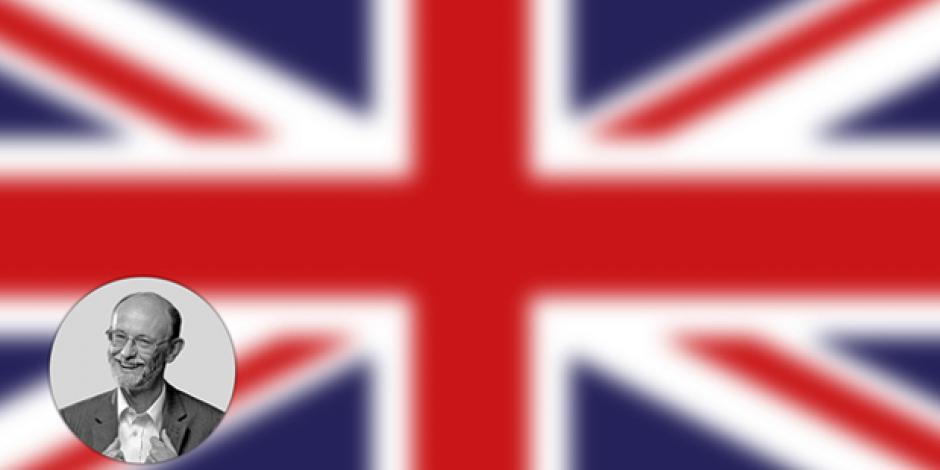Starten Sie den Audio-Text
Mit dem Audio-Player können Sie sich den Text anhören. Darunter finden Sie das Transkript.
Transcript: Fantastic! Perfect!
Are you an optimist or a pessimist? Is the glass half full or half empty? Well, some people even see the glass completely full — with water and air. A little too optimistic? British columnist Colin Beaven considers a life lived on the sunny side.
My current dentist is charming — unlike the one I had before, who told me that the way I looked after my teeth was suboptimal. What a wonderful word! But virtuallypraktischvirtually everything is suboptimal, so all it really does is state the obvious.
Boris Johnson would no doubt disagree that everything is suboptimal. Now that we’ve left the EU, he’s worse than Dr Pangloss in Voltaire’s satirical story Candide. Pangloss believed that we live in the best of all possible worlds. Absurdly optimistic, but compared with Boris, he seems modestbescheidenmodest and realistic.
To be fair, you do to come across sb.jmdm. (zufällig) begegnencome across plenty of sensiblevernünftigsensible people in offices, shops and cafes who are also bright and enthusiastic. And unlike my ex-dentist, they really do seem to want to pay you compliments. “Fantastic!” they say when you order a coffee, and “Perfect!” when you have to tell them your name.
I doubt that saying your name really does make anything perfect. As good deeds go, it’s unlikely to help you beat the queues (UK)als Erste(r) drankommenbeat the queues when you reach the gates of heaven. Most new arrivals there probably face a very long wait in the lane marked “Suboptimal”. Even Boris Johnson might be turned away if he heads straight for the gate labelled “Fantastic / Perfect”.
Taken together, “fantastic perfect” sounds quite grammatical. It could be a tense: the present perfect for things you really have done; the fantastic perfect for things you only plan to do — the good intentions that never made it beyond fantasy.
We can’t all be like David Nott, the surgeonChirurg(in)surgeon who to take time offsich frei nehmentakes time off from his London hospital every year to operate on patients in war zoneKriegsgebietwar zones, such as those in Syria. But we could at least buy his book War Doctor (2019), in which he describes his phenomenal work there. Or better still, buy Letter to My Younger Self — a collection of interviews given by celebrities over the past 12 years to The Big Issue — the street magazine sold by many of Britain’s homelessObdachlose(r)homeless.
The magazine costs £3 and generally includes a free chat with the person selling it. I prefer it to the Evening Standard — one of the newspapers given away free to London’s commuterPendler(in)commuters as they make their way home.
I recently saw a young man trying to take a Exemplarcopycopy of The Big Issue without paying for it. He clearly thought that all the capital’s newspapers were free, and was having an undignifiedwürdelosundignified tug of warTauziehen, Gerangeltug of war with the old lady who was trying to sell it. I told him it was well worth the £3, but he didn’t believe me, so I had to buy it myself. That’ll teach me.
Each magazine has a “Letter to My Younger Self” written by a famous person to the teenager he or she once was. It might be Paul McCartney, Jamie Oliver or Tracey Emin. A selection of these letters was published as a book in 2019. The profits from the book sales go to help the homeless, so buying it helps you avoid having to learn the fantastic perfect. And if you give it to a friend, it makes a fantastic present.
Neugierig auf mehr?
Dann nutzen Sie die Möglichkeit und stellen Sie sich Ihr optimales Abo ganz nach Ihren Wünschen zusammen.



